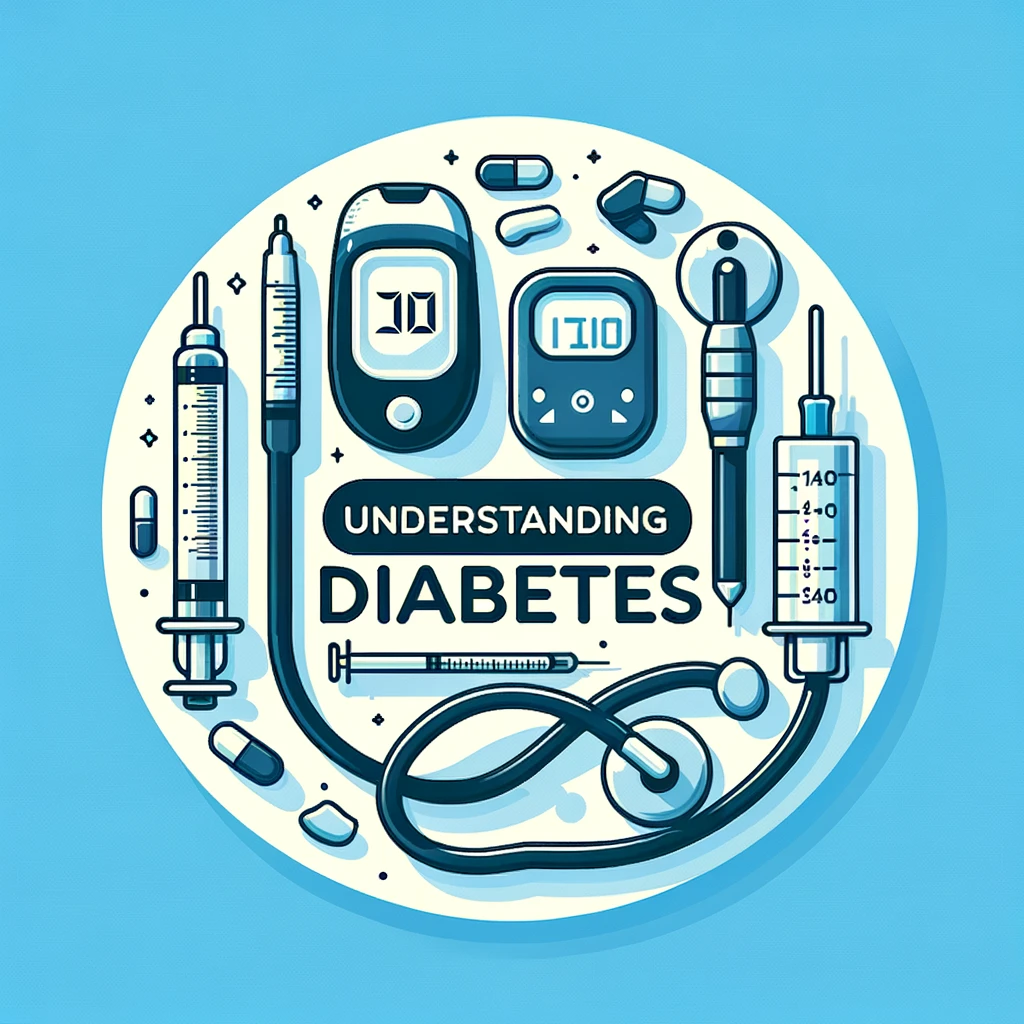
Diabetes, a chronic condition affecting millions worldwide, can lead to a range of side effects beyond blood sugar fluctuations. Understanding these side effects is crucial for effective management and overall well-being. Here are some key side effects of diabetes:
1. Cardiovascular Complications
Diabetes increases the risk of heart disease, high blood pressure, and stroke. Proper management of blood sugar levels, along with a healthy lifestyle, is essential to mitigate these risks.
2. Nerve Damage (Neuropathy)
High blood sugar levels can damage nerves, especially in the legs and feet. This can lead to pain, tingling and loss of sensation, increasing the risk of injuries and infections.
3. Kidney Damage (Nephropathy)
Diabetes can affect the kidneys’ filtering system, leading to kidney damage or failure. Regular monitoring of kidney function and maintaining healthy blood sugar levels are crucial.
4. Vision Problems (Retinopathy)
Diabetes can damage the blood vessels in the retina, potentially leading to blindness. Regular eye exams and good blood sugar control can help protect your vision.
5. Skin Conditions
People with diabetes are more prone to skin infections, itching, and slow-healing wounds. Proper skin care and blood sugar management can help prevent these issues.
6. Foot Problems
Poor circulation and nerve damage can lead to serious foot problems, including ulcers and infections. Regular foot care and check-ups are essential to prevent complications.
7. Hearing Impairment
Diabetes can damage the nerves and blood vessels in the ears, leading to hearing loss. Regular hearing tests can help detect problems early.
8. Gum Disease
High blood sugar levels can increase the risk of infections in the gums and bones that hold teeth in place. Good oral hygiene and regular dental visits are important.
9. Mental Health Issues
Living with diabetes can lead to stress, anxiety, and depression. Mental health support and stress management techniques are vital components of diabetes care.
10. Digestive Issues
Diabetes can affect the digestive system, causing conditions like gastroparesis, which slows down the movement of food from the stomach to the intestines. Dietary adjustments and medications can help manage these symptoms.
Conclusion
Understanding and addressing these side effects can significantly improve the quality of life for individuals living with diabetes. Regular check-ups, a healthy lifestyle and proper management of blood sugar levels are key to minimizing these risks.




One thought on “10 Side Effects of Diabetes”